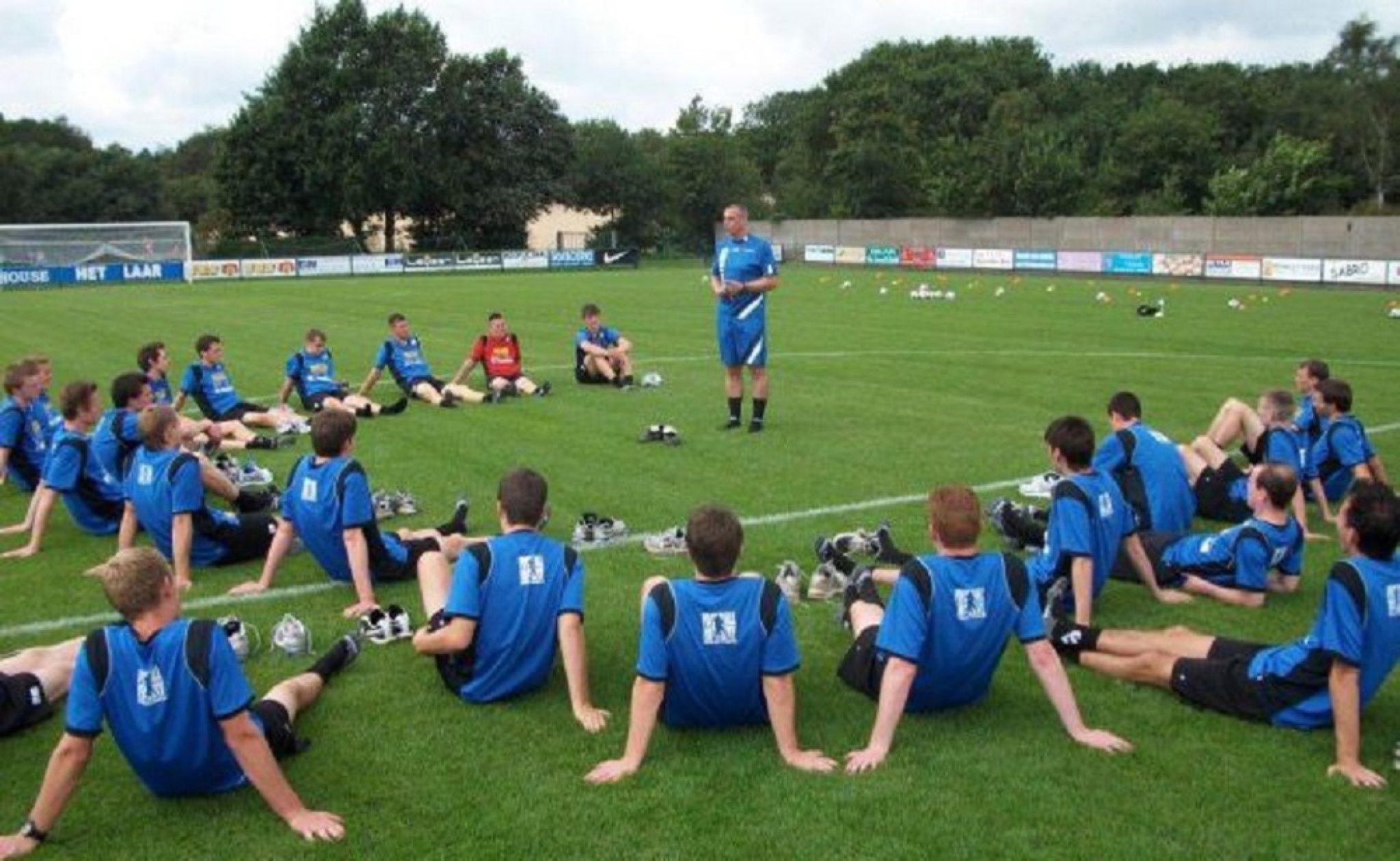Soccer has evolved into one of the most competitive sports in the world, demanding more than just natural talent. Players today need speed, strength, stamina, and sharp decision-making to succeed. If you’re wondering what is the best way to train for soccer in 2025, the answer lies in combining science-backed methods with consistent practice. Elite soccer training now integrates fitness, technique, nutrition, and mental preparation—helping players of all levels reach peak performance. we’ll break down the most effective soccer training strategies, explore what modern elite programs include, and show you how to structure your routine for long-term success.
The Foundation of Elite Soccer Training
1. Building Endurance and Stamina
Soccer players run an average of 7–10 miles per match, requiring elite cardiovascular conditioning. Interval training, high-intensity sprint drills, and endurance runs are proven methods to build stamina. In 2025, wearable tech has become a key tool for monitoring heart rate and recovery times, ensuring players push hard while avoiding burnout.
2. Strength and Power Development
Strength training is no longer just for professional athletes. Modern soccer training emphasizes full-body power through exercises like squats, lunges, and plyometric jumps. Resistance bands, weightlifting, and bodyweight circuits improve explosiveness—critical for fast sprints, tackles, and jumping for headers.
3. Technical Ball Mastery
No matter how fit you are, soccer is still about the ball. Elite soccer training focuses on first touch, dribbling under pressure, accurate passing, and shooting with precision. Players should dedicate at least 30 minutes daily to ball mastery drills, often using small-sided games to simulate real-match pressure.
The Role of Speed and Agility
Speed and agility separate average players from elite ones. Cone drills, ladder exercises, and reaction-based training sharpen quick changes in direction—vital when defending or breaking past opponents. Many programs now use virtual reality or light-response systems to train split-second decision-making alongside physical movement.
Mental Training: The Hidden Edge
Building Focus and Confidence
Elite soccer training isn’t just physical. The best players work on mental strength, resilience, and focus. Sports psychologists often teach visualization, goal-setting, and breathing techniques to help players stay calm under pressure.
Game Intelligence and Decision-Making
Modern soccer demands fast tactical thinking. Video analysis software now helps players study positioning, movement patterns, and opponents’ weaknesses. By combining on-field drills with off-field learning, athletes improve soccer IQ and perform smarter during games.
Nutrition and Recovery for Peak Performance
Fueling the body properly is a cornerstone of soccer success. Balanced meals rich in lean protein, complex carbs, and healthy fats support energy demands. Hydration is equally important, especially for long training sessions.
Recovery is another key piece. In 2025, players rely on cold therapy, compression gear, and mobility stretching to prevent injuries and stay in peak condition. Elite soccer training programs schedule rest days strategically, recognizing that recovery is as important as hard work.
Structuring Your Soccer Training Plan
Here’s a sample weekly breakdown for aspiring players:
-
3 Days: Strength and conditioning (weights, plyometrics, core work)
-
4 Days: Technical drills (ball control, passing, shooting, dribbling)
-
2 Days: Speed and agility training (sprints, reaction drills)
-
Daily: Mental training (visualization, tactical study, meditation)
-
Ongoing: Nutrition planning and active recovery
This structure balances all aspects of elite soccer training without overwhelming the body. Adjustments can be made based on age, position, and competition level.
The Best Way to Train for Soccer in 2025
The short answer: a holistic approach. Gone are the days of relying only on practice matches. Today, the best soccer training combines:
-
Endurance and stamina workouts for lasting energy
-
Strength and power training for explosive movements
-
Technical ball drills for mastery under pressure
-
Agility and speed drills for quick reactions
-
Mental resilience practices for confidence and composure
-
Nutrition and recovery routines to support consistent progress
Whether you’re a beginner or aiming for a professional career, adopting these principles ensures you’re training smarter, not just harder.
Conclusion
So, what is the best way to train for soccer? In 2025, it’s about more than running laps or practicing shots—it’s about embracing elite soccer training that develops the whole athlete. From physical conditioning and skill development to mental focus and recovery, every detail matters. If you’re serious about improving your game, start implementing these methods consistently. Remember, elite players aren’t just born—they’re built through dedication, discipline, and smart training strategies.

